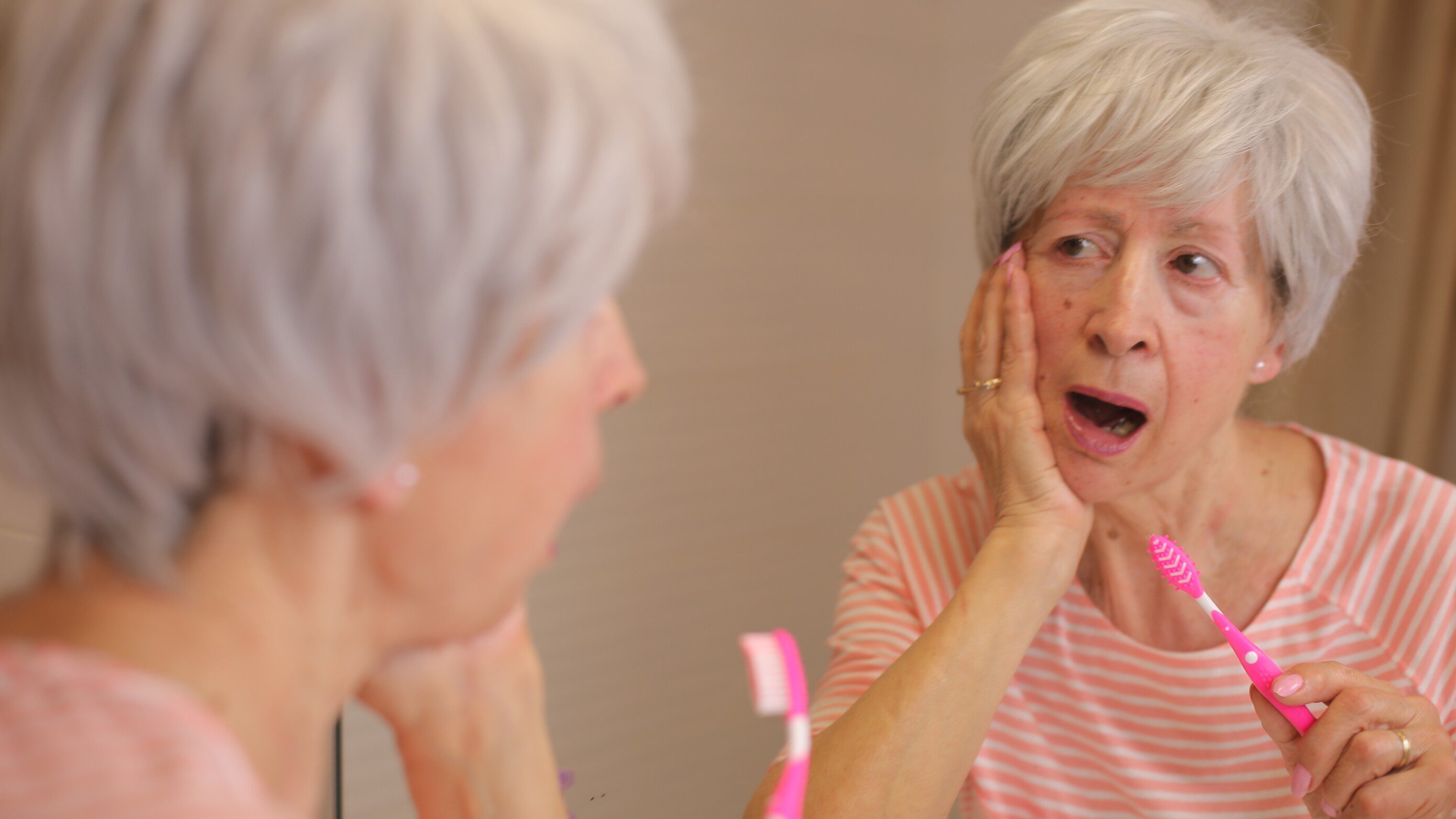As we age, maintaining oral health becomes more and more challenging. Seniors often struggle with common dental problems such as tooth decay, gum disease, and oral cancer. Understanding these problems, their symptoms, treatment and prevention is essential to maintaining health.
Tooth decay: a common problem
Tooth decay is a widespread problem among seniors. Aging can lead to a decrease in the production of saliva, which is essential for neutralizing acids and washing away food particles. Medications taken by the elderly can exacerbate this problem, causing dry mouth and increasing the risk of tooth decay.
Symptoms: caregivers should watch for signs of tooth decay, such as sensitivity to hot or cold, pain when chewing, or visible holes in the teeth. Sometimes there may be no visible symptoms until decay becomes severe, which highlights the importance of regular visits to the dentist.
Treatment: If signs of tooth decay appear, prompt dental care is very important. Early stage decay can be treated with fillings, while severe cases may require root canals or extractions.
Prevention:Preventing tooth decay involves good oral hygiene, including brushing with fluoride toothpaste and flossing regularly. Regular dental checkups are important, and moisturizing or using sugar-free chewing gum can help stimulate saliva production.
Gum disease: the silent threat
It starts as a mild gingivitis but can develop into periodontitis, a more serious disease that can lead to tooth loss and other health problems.
Symptoms: the first signs of gum disease are red, swollen gums that bleed easily. As the disease progresses, symptoms may include bad breath, receding gums and loose teeth.
Treatment: Gingivitis can often be reversed with improved oral hygiene and professional cleanings. However, advanced gum disease may require deep cleaning or surgery.
Prevention: good oral hygiene, including regular brushing, flossing and visits to the dentist, are key to preventing gum disease. It is also important to stop smoking, as it is a significant risk factor for periodontal problems.
Oral cancer: a serious health risk
Oral cancer poses a significant health risk to seniors, especially those who smoke or consume alcohol. It can develop in the mouth, lips, tongue, cheeks or throat, and the risk of cancer increases with age.
Symptoms: caregivers should watch out for symptoms such as non-healing wounds, lumps, persistent sore throat, difficulty swallowing and unexplained bleeding from the mouth. Persistent ear pain may also indicate oral cancer.
Treatment: Early detection is the key to successful treatment, which often involves surgery, radiotherapy or chemotherapy depending on the stage of the cancer.
Prevention: reducing the risk of oral cancer includes regular dental check-ups, avoiding tobacco, limiting alcohol consumption and following a healthy diet rich in fruits and vegetables.
Atena: your partner for comprehensive care
As a caregiver, you can help improve your client’s quality of life by understanding and addressing these dental issues. Atena supports caregivers by providing resources, advice and assistance throughout their professional journey. Allow Atena to be your trusted partner in providing superior senior care.







